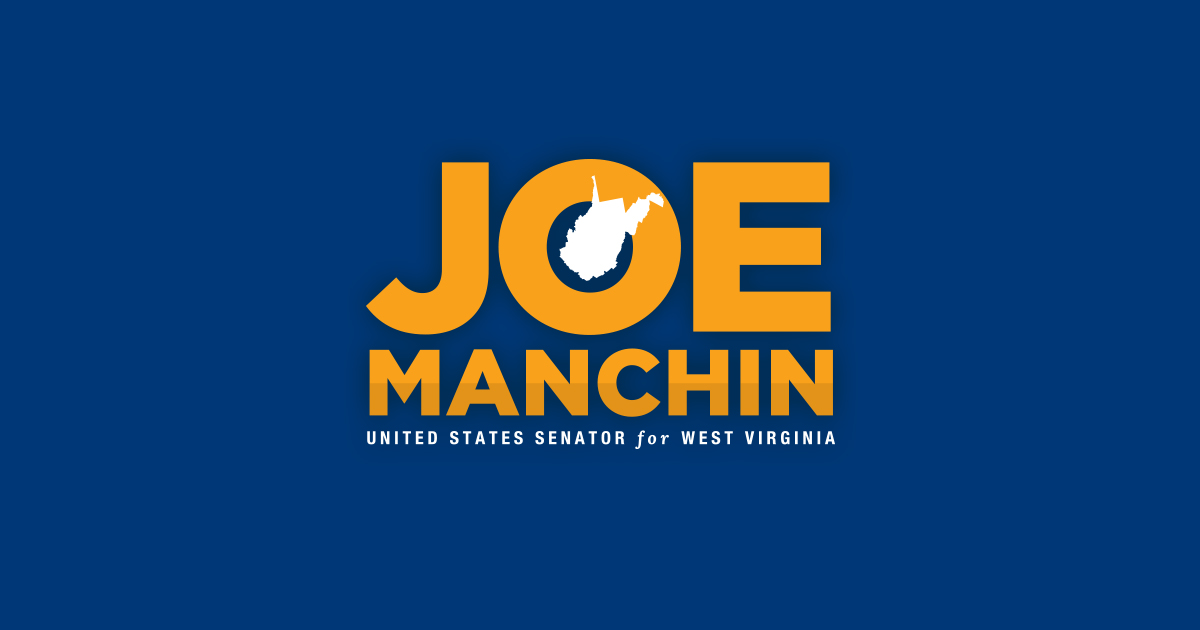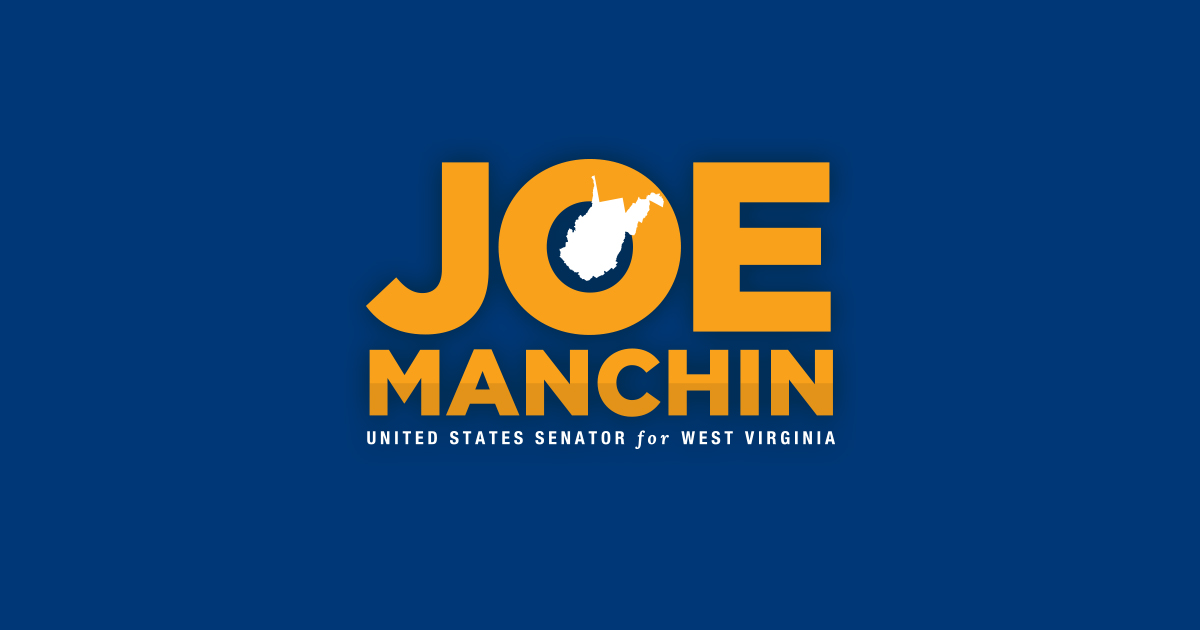Source: United States Senator for New Hampshire Jeanne Shaheen
June 10, 2021
Washington, DC – U.S. Senators Jeanne Shaheen (D-NH), Joe Manchin (D-WV), Joni Ernst (R-IA) and Jerry Moran (R-KS) introduced the bipartisan Protecting Rural Telehealth Access Act to make a variety of Medicare’s current telehealth flexibilities permanent, including flexibilities to provide audio-only forms of telehealth services. This would ensure that Medicare patients are able to continue to have access to the services and consultations that they need and patients in rural areas without access to broadband will still be able to utilize audio-only and phone-based visits with their doctors.
“The expansion of telehealth services during the pandemic, especially audio-only telehealth, has allowed Granite Staters to access the care they need without traveling long distances and risking their health, while also helping health care providers easily connect with patients and earn additional income needed to keep their doors open – a win-win,” said Senator Shaheen. “I’m pleased to introduce this common-sense legislation with Senator Manchin to permanently expand the telehealth services and ensure that Medicare beneficiaries in areas of New Hampshire that lack broadband can continue to access audio-only forms of telehealth services. It should not have taken a pandemic for Medicare to finally unlock the potential of telehealth services — and now we need to make sure that these vital telehealth services continue to be available to patients long after the COVID-19 pandemic is over.”
The Protecting Rural Telehealth Access Act would:
- Allow payment-parity for audio-only health services for clinically appropriate appointments. During COVID-19, recognizing not everyone has access to the technology in their home, Congress made allowances for audio-only telephone services to be used to allow doctors to reach patients wherever they are.
- Permanently waive the geographic restriction allowing patients to be treated from their homes. Pre-COVID-19, the home was allowed as an eligible originating site in Medicare and some Medicaid programs, but only for very specific services, and only for the patient, not the provider.
- Permanently allow rural health clinics and Federally Qualified Health Centers to serve as distance sites for providing telehealth services.
- Lift the restrictions on “store and forward” technologies for telehealth. Currently this is only allowed in Hawaii and Alaska.
- Allow Critical Access Hospitals (CAHs) to directly bill for telehealth services.
Background information on the Protecting Rural Telehealth Access Act can be found here.
Bill text can be found here.
This bill is supported by the Alliance for Connected Care; American Academy of Family Physicians; American College of Allergy, Asthma and Immunology; America’s Essential Hospitals; Americans for Prosperity; American Telemedicine Association; AMDA The Society for Post-Acute and Long-Term Care Medicine; eHealth Initiative; Medical Group Management Association (MGMA); National Association of Nutrition and Aging Services Programs; National Rural Health Association; Progressive Policy Institute; Special Needs Plan Alliance.
During the pandemic, Shaheen has been a leader in strengthening and expanding access to telehealth in New Hampshire and across the country. In April 2020, Shaheen, Manchin and Moran led a bipartisan group of Senators in urging the U.S. Department of Health and Human Services (HHS) and Centers for Medicare & Medicaid Services (CMS) to increase telephone-based, or audio-only, telehealth reimbursements to equal other audio-visual telehealth reimbursements. The next month, CMS heeded Shaheen’s call and updated guidelines to bring Medicare reimbursement for telephone-based health services in line with Medicare reimbursement for video telehealth. Last month, Shaheen helped introduce the bipartisan Creating Opportunities Now for Necessary and Effective Care Technologies (CONNECT) for Health Act, which would expand coverage of telehealth services through Medicare, make permanent COVID-19 telehealth flexibilities, improve health outcomes, and make it easier for patients to safely connect with their doctors. This April, Shaheen also introduced legislation that would provide Medicare reimbursement for audio and video telehealth services furnished by home health agencies during the COVID-19 public health crisis and future public health emergencies.



